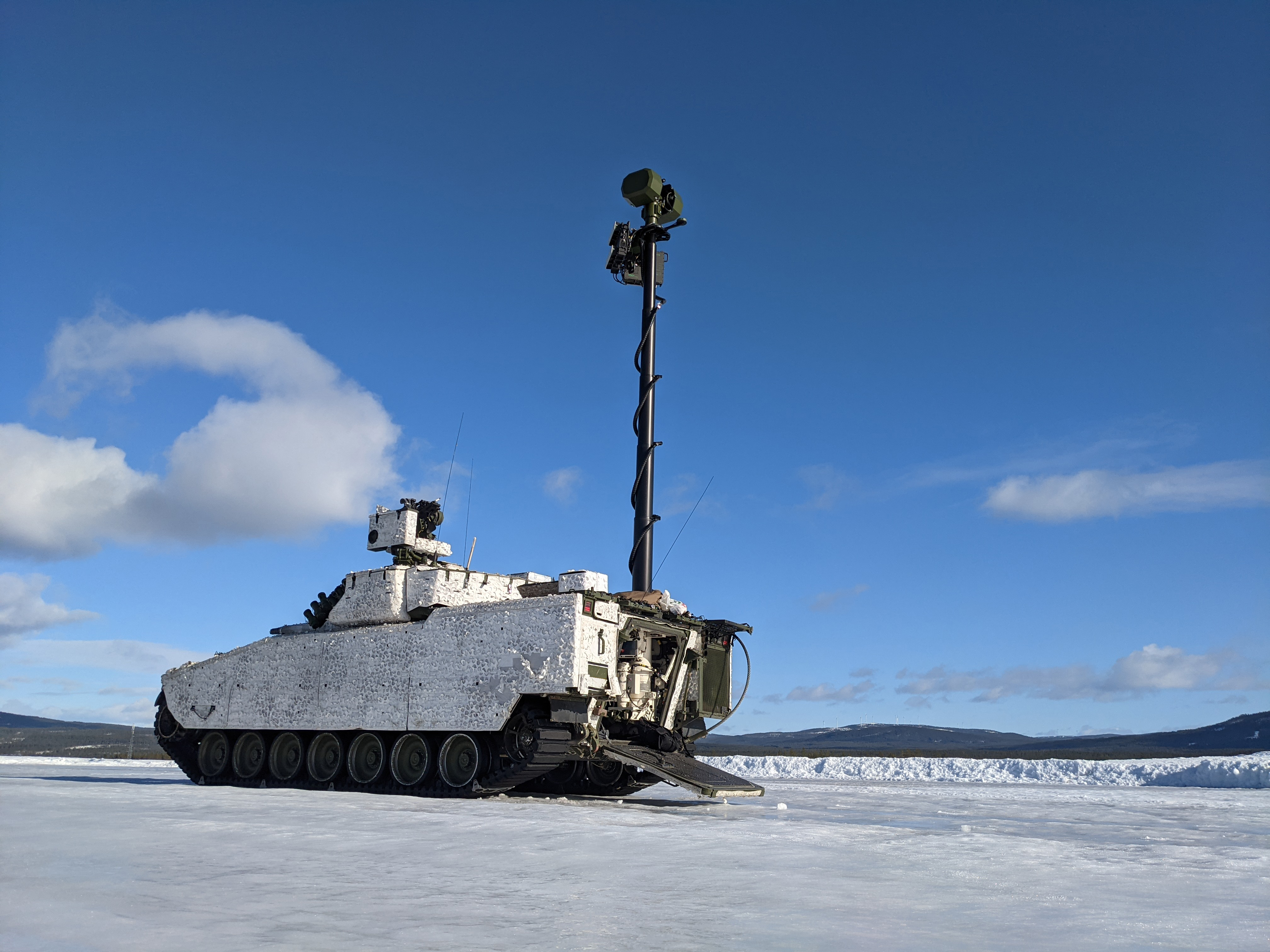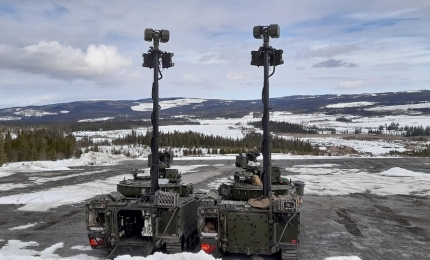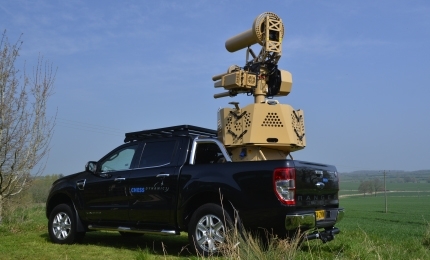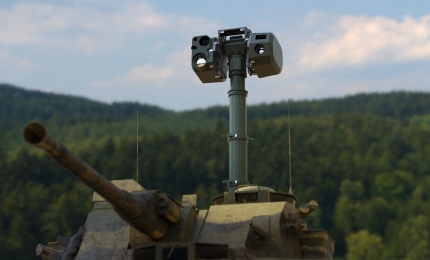Hawkeye MMP delivers world-leading electromagnetic compatibility performance
JANUARY 08, 2024
Chess Dynamics’ vehicle surveillance system, Hawkeye MMP, has demonstrated a world-leading electromagnetic compatibility (EMC) performance as part of the Norwegian Defence Materiel Agency’s (NDMA) Observation Targeting and Surveillance Systems (OTAS) project.
In meeting stringent requirements set by the NDMA, Hawkeye MMP has demonstrated its ability to meet the needs of the modern battlefield and survive, communicate and operate in the toughest electromagnetic conditions.
The unique requirements set out by the NDMA included standard EMC tests such as MIL-STD461 and specifically the precise Nuclear Electro Magnetic Pulse (NEMP). This was alongside more bespoke requirements to ensure compatibility with the vehicle’s existing high frequency, very high frequency and ultra-high frequency radio systems without any internal frequency interference.
Chess developed a multi-staged approach which included board-level testing, meeting UK-based EMC qualifications and complete vehicle system tests, as well as designing novel modular solutions to pass the NEMP testing at the first attempt. Steps were taken alongside the NDMA so that requirements were met while ensuring environmental and usability needs were not impacted.
Chris Henderson, Electronics Group Leader at Chess Dynamics said, “The demands of the battlefield today are increasingly complex and require adaptable, high-performance solutions. The NDMA required a technology of this kind that also met its own strict EMC requirements, and we are thrilled to have succeeded in this. This is a major achievement for Chess, and we believe this technology will be vital as resilience becomes increasingly important to surveillance capability.”
The customer said, “Chess Dynamics was able to provide a solution that passed the EMC tests, proving Hawkeye MMP’s ability to perform while remaining resilient on the battlefield. We look forward to our continued work with Chess as we look to continuously improve our surveillance capabilities.”









